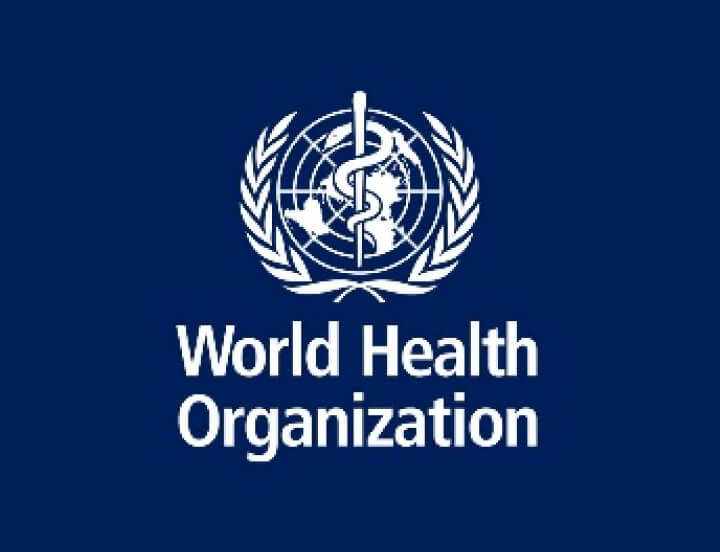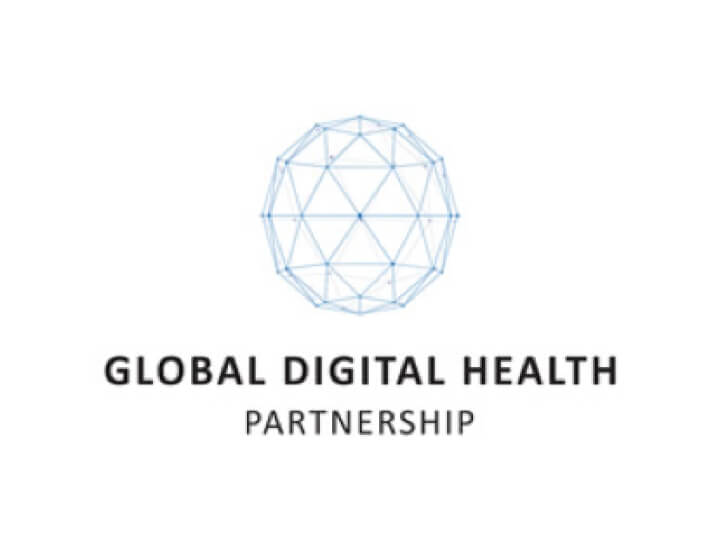Middle Childhood Physique Tracking and Health Care Through digital innovation
Improve children physical development through digital technology.

DIGITAL TECHNOLOGIES – SHAPING THE FUTURE OF GLOBAL HEALTH
Disruptive digital medical technology can enable various applications through different applications: including the Internet of Things, virtual care, remote monitoring, artificial intelligence, big data analysis, blockchain, smart wearable devices and data exchange data platforms.
Tools and remote data capture, exchange and sharing, creating unprecedented tools and technologies. Facts have proven that the application of digital medical technology has enabled the medical ecosystem to create a continuous and real-time care system, creating better outcomes through improved medical diagnosis, data treatment decision-making, digital treatment applications, clinical trials, self-care management and person-centered care. More information to improve health outcomes. It also greatly enhances the knowledge, skills and abilities of healthcare professionals.
Digital technology can provide potential solutions. They can improve the safety, quality and effectiveness of health care, support early diagnosis of disease, and facilitate the development of new drugs and treatments.
They empower patients, citizens and the care professionals who serve them. Digital health should be an integral part of healthcare priorities and benefit people in an ethical, safe, secure, equitable and sustainable way. It should be developed following the principles of transparency, accessibility, scalability, replicability, interoperability, privacy, security and confidentiality.
Tools and remote data capture, exchange and sharing, creating unprecedented tools and technologies. Facts have proven that the application of digital medical technology has enabled the medical ecosystem to create a continuous and real-time care system, creating better outcomes through improved medical diagnosis, data treatment decision-making, digital treatment applications, clinical trials, self-care management and person-centered care. More information to improve health outcomes. It also greatly enhances the knowledge, skills and abilities of healthcare professionals.
Digital technology can provide potential solutions. They can improve the safety, quality and effectiveness of health care, support early diagnosis of disease, and facilitate the development of new drugs and treatments.
They empower patients, citizens and the care professionals who serve them. Digital health should be an integral part of healthcare priorities and benefit people in an ethical, safe, secure, equitable and sustainable way. It should be developed following the principles of transparency, accessibility, scalability, replicability, interoperability, privacy, security and confidentiality.
Overview Digital Health
Disruptive digital medical technology can enable various applications through different applications: including the Internet of Things, virtual care, remote monitoring, artificial intelligence, big data analysis, blockchain, smart wearable devices and data exchange data platforms.
Tools and remote data capture, exchange and sharing, creating unprecedented tools and technologies. Facts have proven that the application of digital medical technology has enabled the medical ecosystem to create a continuous and real-time care system, creating better outcomes through improved medical diagnosis, data treatment decision-making, digital treatment applications, clinical trials, self-care management and person-centered care. More information to improve health outcomes. It also greatly enhances the knowledge, skills and abilities of healthcare professionals.Disruptive digital medical technology can enable various applications through different applications: including the Internet of Things, virtual care, remote monitoring, artificial intelligence, big data analysis, blockchain, smart wearable devices and data exchange data platforms.
Tools and remote data capture, exchange and sharing, creating unprecedented tools and technologies. Facts have proven that the application of digital medical technology has enabled the medical ecosystem to create a continuous and real-time care system, creating better outcomes through improved medical diagnosis, data treatment decision-making, digital treatment applications, clinical trials, self-care management and person-centered care. More information to improve health outcomes. It also greatly enhances the knowledge, skills and abilities of healthcare professionals.
Tools and remote data capture, exchange and sharing, creating unprecedented tools and technologies. Facts have proven that the application of digital medical technology has enabled the medical ecosystem to create a continuous and real-time care system, creating better outcomes through improved medical diagnosis, data treatment decision-making, digital treatment applications, clinical trials, self-care management and person-centered care. More information to improve health outcomes. It also greatly enhances the knowledge, skills and abilities of healthcare professionals.Disruptive digital medical technology can enable various applications through different applications: including the Internet of Things, virtual care, remote monitoring, artificial intelligence, big data analysis, blockchain, smart wearable devices and data exchange data platforms.
Tools and remote data capture, exchange and sharing, creating unprecedented tools and technologies. Facts have proven that the application of digital medical technology has enabled the medical ecosystem to create a continuous and real-time care system, creating better outcomes through improved medical diagnosis, data treatment decision-making, digital treatment applications, clinical trials, self-care management and person-centered care. More information to improve health outcomes. It also greatly enhances the knowledge, skills and abilities of healthcare professionals.

Global Strategy on Digital Health 2020-2025
The purpose for a Global Strategy on Digital Health is to promote healthy lives and wellbeing for everyone, everywhere, at all ages. To deliver its potential, national or regional Digital Health initiatives must be guided by a robust Strategy that integrates financial, organizational, human and technological resources.
– World Health Organization

A shared focus on improved digital health services for better care across the globe
Big data and AI will be essential for tracking your health and guideline everything you do in your lifestyle: the foods you eat, your exercise and sleep and the timing of these activities.
– Dr Michael Snyder, faculty director, Stanford Healthcare Innovation Lab

Michael Snyder
Director of the Center of Genomics and Personalized Medicine
Stanford University
Stanford University
Digital Health Round Table
Digital technology is revolutionizing the way individuals communicate with each other, seek and exchange information, and improve their lives. Digital technologies offer unprecedented opportunities to change lives, transform economies and stimulate growth. Mobile connectivity and mobile technology are opening up new opportunities for people to connect with each other. The use of digital technologies in health is a change agent in low-income settings, where mobile connectivity has reached unprecedented penetration and ubiquity.
The current digital health transformation provides an excellent accelerator for achieving the health-related Sustainable Development Goals (SDGs).
The World Health Assembly resolution on digital health recognizes the value of digital technologies in helping to advance the health goals of the Sustainable Development Goals. The resolution urges ministries of health to “assess the use of digital technologies in health […] and, where appropriate, prioritize the development, evaluation, implementation, scale-up and increased use of digital technologies.” Likewise, Health, Measurement and Accountability Multilateral initiatives such as the Roadmap advocate "using the digital revolution to scale up health interventions and engage civil society, and monitor health system performance and accountability to beneficiary populations."
The current digital health transformation provides an excellent accelerator for achieving the health-related Sustainable Development Goals (SDGs).
The World Health Assembly resolution on digital health recognizes the value of digital technologies in helping to advance the health goals of the Sustainable Development Goals. The resolution urges ministries of health to “assess the use of digital technologies in health […] and, where appropriate, prioritize the development, evaluation, implementation, scale-up and increased use of digital technologies.” Likewise, Health, Measurement and Accountability Multilateral initiatives such as the Roadmap advocate "using the digital revolution to scale up health interventions and engage civil society, and monitor health system performance and accountability to beneficiary populations."

